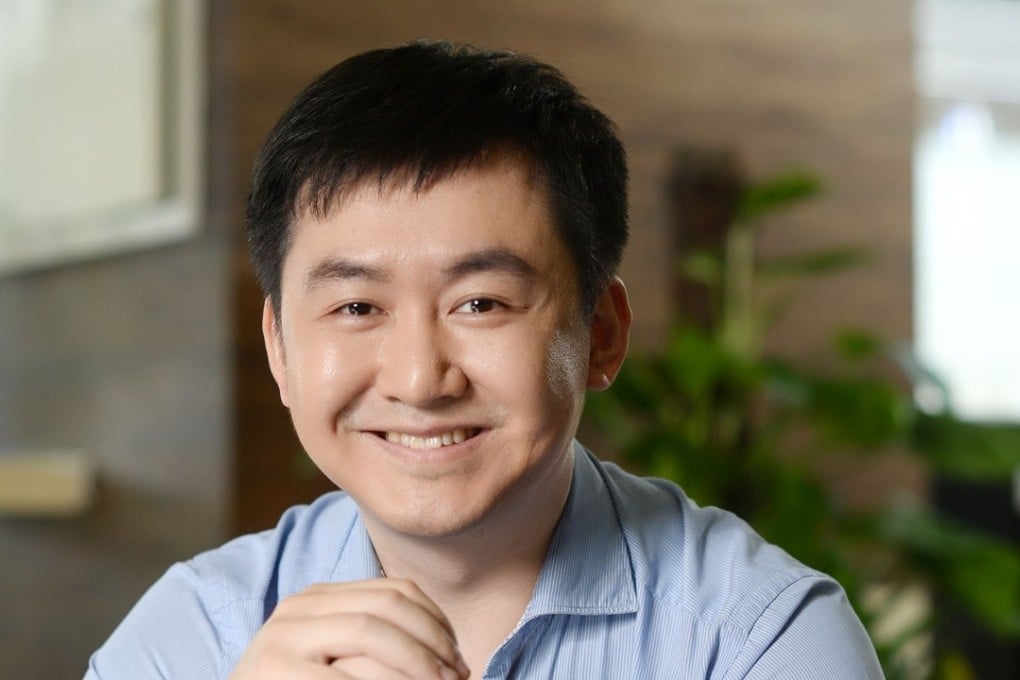Chinese search engine Sogou sees future in legal, health queries
China’s No 2 search engine believes the shift to query-based search could enable it to gain ground on market leader Baidu, especially in the areas of health care and legal services

Wang Xiaochuan, CEO of Beijing-based search engine operator Sogou, believes that the nature of internet search is undergoing a seismic shift, one that could catapult his company from also-ran to market leader.
Instead of scrolling through page after page of search results and trying to figure out which information to trust, consumers have come to expect and demand direct answers to their queries. In that context, search engines have to be able to think on behalf of humans and play a more active role in facilitating day-to-day decision-making, from where to eat to which doctor to consult.
Declaring keyword-based search “backward”, Wang said advancements in technology have made it possible to move into a query-based era, which comes “more naturally” to human instinct. “The only reason we have been using keywords is because technology was not advanced enough,” he said.
Speaking to the South China Morning Post in a recent interview in Beijing, Wang, who turns 40 in October, cuts a relaxed figure, dressed in a white shirt, untucked, and no tie. He claims not to worry over Sogou’s share price, which is trading below its IPO price when it listed on the New York Stock Exchange last November. Investors have a “winner-takes-all” mentality when it comes to valuing search companies that underestimates the advances Sogou has made in new areas such as hardware and smart-query services, he said.
Sogou is a distant second with 18 per cent of the Chinese search market, trailing behind Baidu which has more than 70 per cent. Baidu, also based in Beijing, had consolidated its leadership after Google exited China in 2008.
Still, Wang is confident that Sogou’s proprietary technology in natural language processing – a branch of artificial intelligence that deals with how computers understand and interpret human language – stands the company in good stead as more queries are made by voice.